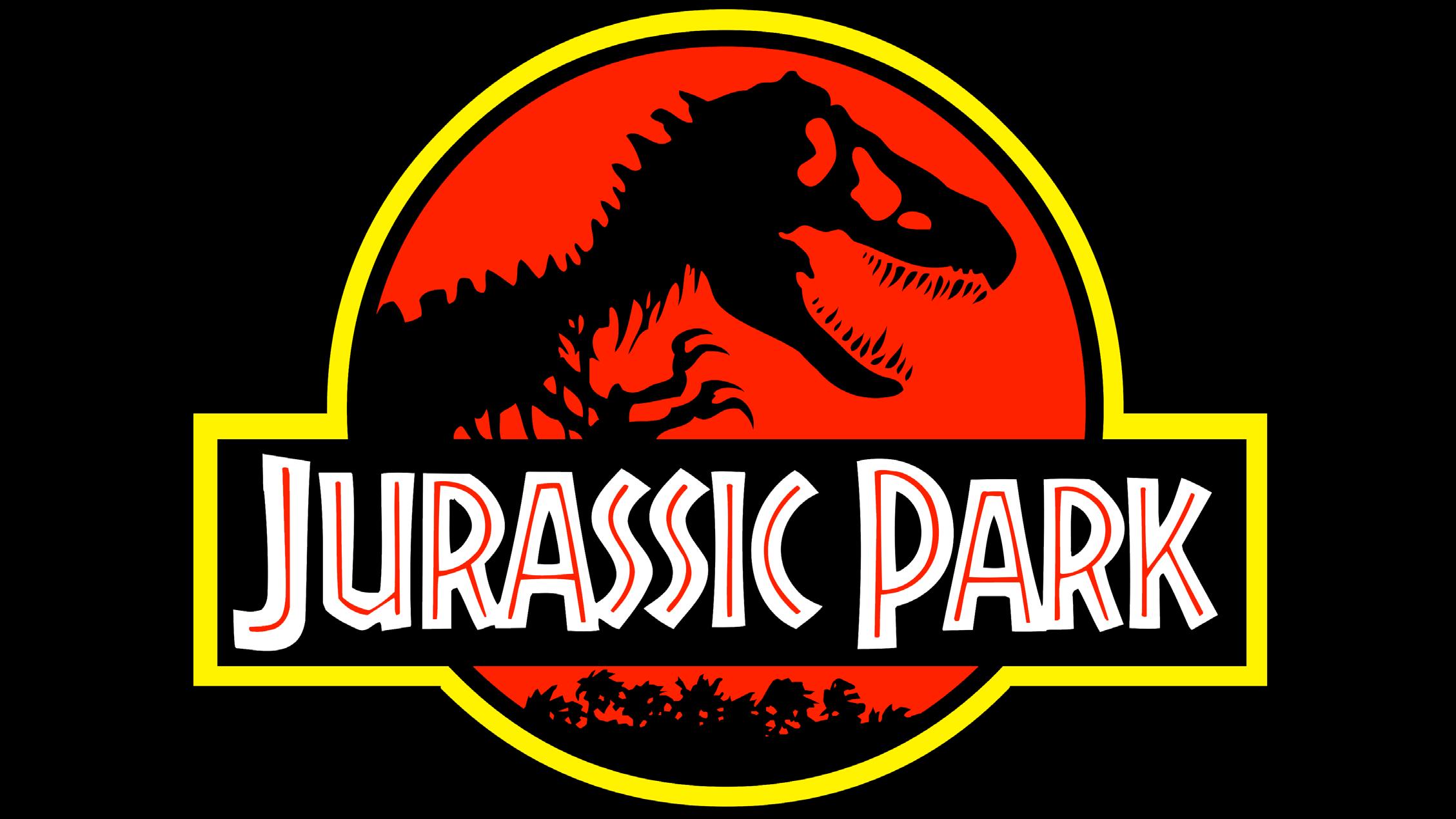Education
Interview
Diletta Giuntini
Diletta Giuntini is an Assistant Professor in the Mechanics of Materials section of the Department of Mechanical Engineering. Her research focuses on advanced processing of ceramics and ceramicbased materials.
What and where did you study? I studied Aerospace Engineering at the University of Pisa, in Italy. Since the first year, I liked especially materials science, so I specialized in Structures and Materials. I then took a bit of an unconventional path, moving for a PhD at UCSD and SDSU (in San Diego, United States) while my Masters in Italy was still ongoing – the US system allows this. Moving to San Diego was in a way a jump in the blue for me, but I felt like I had nothing to lose, and I had always wanted to experience studying, working and living in different countries. My grandmother knew it all along: she always said I had chosen Aerospace Engineering because it would have given me many opportunities to travel. She was right, and I never regretted it.
What did you learn from your time in the US? My time in the United States was a great experience from both a professional and personal viewpoint. I got to work with a wonderful diversity of people in San Diego, and I made friends from all over the world. And I quickly learnt to become more independent and self-confident. The American system pushes young people to take ownership for their actions, and the mistakes one makes are seen as part of the growth process. In Italy I had been given a solid theoretical preparation, and the US system, with its flexibility and
36
competitiveness, then gave me more handson experience, and a different kind of empowerment. I liked this combo.
What did you do after you got your PhD? I moved to Hamburg, Germany, for a postdoc, which then became a Humboldt Fellowship and then a Project Leader position, so I stayed there almost 4 years. I was working in a Collaborative Research Center there (called SFB 986), where people with different backgrounds worked together towards the goal of developing new multiscale materials, for many different applications. I chose to join that center because it gave me the opportunity of working side by side with engineers, chemists and physicists, and I believe we all learnt a lot from each other.
What did you learn from your time in Germany? In Germany my job gradually shifted towards the managing side of a research group. The person I was reporting to was also the leader of the entire research center and he gave me and my colleagues our own responsibilities. I learned to work in a structured and highly cooperative organization, plus to use a lot of techniques to which I didn’t have access before. Many new ideas came up.























